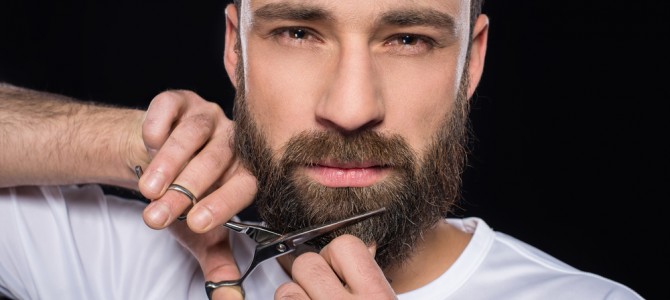Religious freedom usually leaves ample room for the government to achieve its goals while respecting faith. The Supreme Court recognized this again Tuesday, showing it was right when it did the same thing last summer in Hobby Lobby/Conestoga.
In its Holt v. Hobbs decision, the Supreme Court unanimously ruled against a prison system’s claim that allowing half-inch beards for religious prisoners would increase contraband smuggling and make it easier for prisoners to escape (by quickly shaving to change their appearances).
The opinion builds on Hobby Lobby’s 5-4 decision supporting religious freedom. Both cases interpret nearly identical federal statutes that protect religious freedom.
It is probably not surprising that the vigorous dissenter from Hobby Lobby, Justice Ginsburg, wrote a concurrence to explain why she joined the Court’s Holt decision today. But Ginsburg’s attempt to explain the difference between Hobby Lobby and Holt misses the mark.
Justice Ginsburg’s Incoherence on Religious Freedom
Justice Ginsburg claims that “accommodating petitioner’s religious belief in this case [prison beards] would not detrimentally affect others who do not share petitioner’s belief.” In contrast, she had said an accommodation would have such a detrimental effect in Hobby Lobby because employers would omit abortion-pill or contraceptive coverage from their insurance plans.
This conclusion begs the question. The prisons in Holt likewise pointed to harm to others. They insisted that allowing the beards would increase contraband—sometimes of dangerous weapons—and would make it harder for guards to keep prisoners from escaping or from disguising themselves to harm prison guards.
By definition, these interests suggest a religious exemption would “detrimentally affect others.” They may lead to others being injured or killed with contraband weapons, or escaped prisoners harming guards or the public. The prisoner in Holt himself resides in a prison “where inmates live in barracks and work in fields,” increasing the risk of avoiding capture if a prisoner shaves his beard to disguise his appearance.
To determine if others’ interests really would be harmed, one must ask whether the government is really serious about its interests, or could protect them another way. The reason the Court disagreed with the concerns for others in Holt is that the prisons’ policies on beards were inconsistent, and the prisons failed to show that they couldn’t protect safety some other way—even if it required more work from them.
The prisons allow hair down to one’s ears, and quarter-inch medical beards. So they couldn’t explain how contraband or changes in appearance aren’t caused by that hair growth. The Court also observed that safety can be protected by extra searches of religious beards, and by photographing prisoners with and without beards so they can be recognized either way.
Parallel Inconsistencies in Obama Administration Position on Obamacare
This government inconsistency and failure to use alternatives is even truer with Obamacare. The Obama administration itself is glad to “detrimentally” refrain from mandating contraception coverage from millions of women in large companies that are “grandfathered” from the entire abortion-pill mandate (clumsily fulfilling the promise, “if you like your plan, you can keep it”).
If it wanted to, the government could simply give contraception coverage to women at religious companies by letting them enroll in contraceptive-covering plans in Obamacare’s insurance exchanges. But the government doesn’t want to take these simple steps to prevent what it claims is a detrimental effect on others.
In both Holt and Hobby Lobby the government didn’t seriously work to protect the third parties it claimed to care about. It was happy to allow the same “detriment” to women, or prison guards, that a religious exemption would have indirectly caused. And the government could have used existing mechanisms to give those benefits to others without coercing anyone’s religious beliefs.
All religious exemptions arguably affect others in some indirect way. That’s why the government resists them. Justice Ginsburg was willing to recognize the flaw in the claim that exemptions for prison beards “detrimentally affects others.” Exactly the same principles show the Court was right to protect religious freedom against Obamacare’s abortion-pill mandate.








